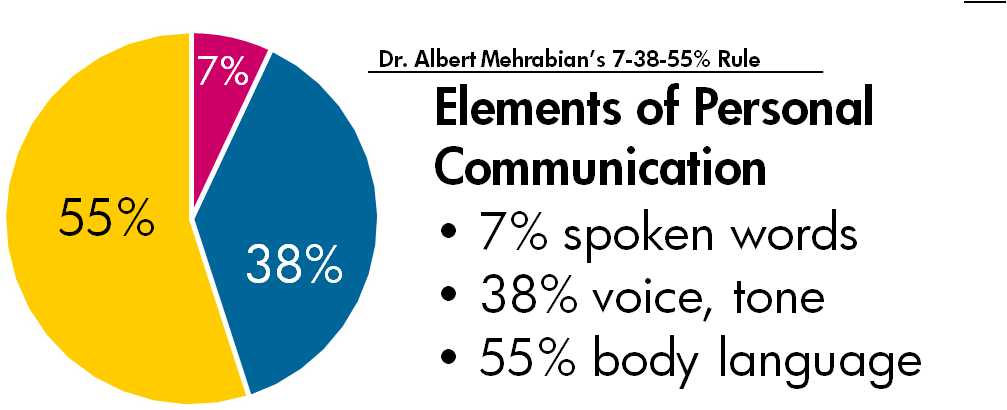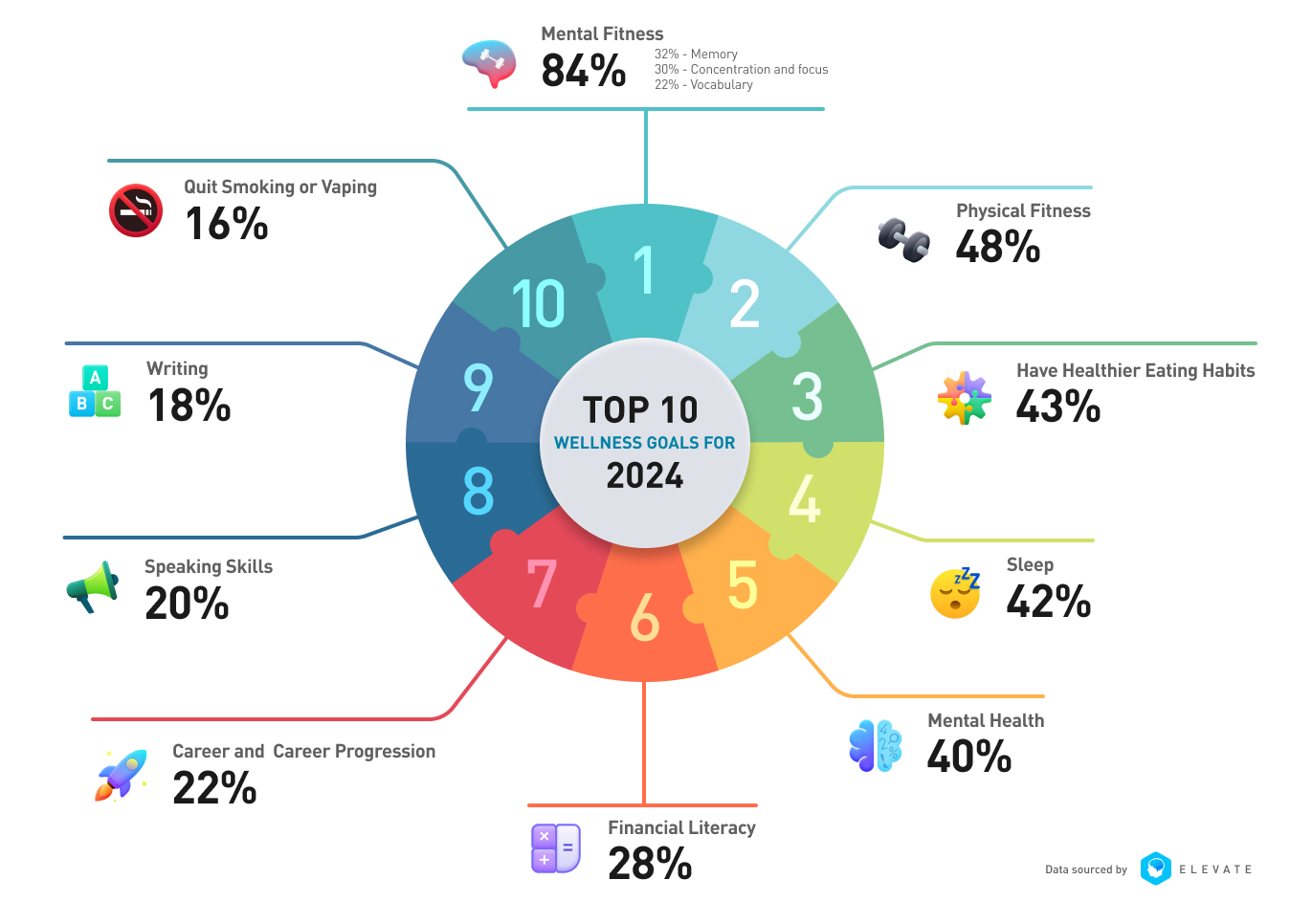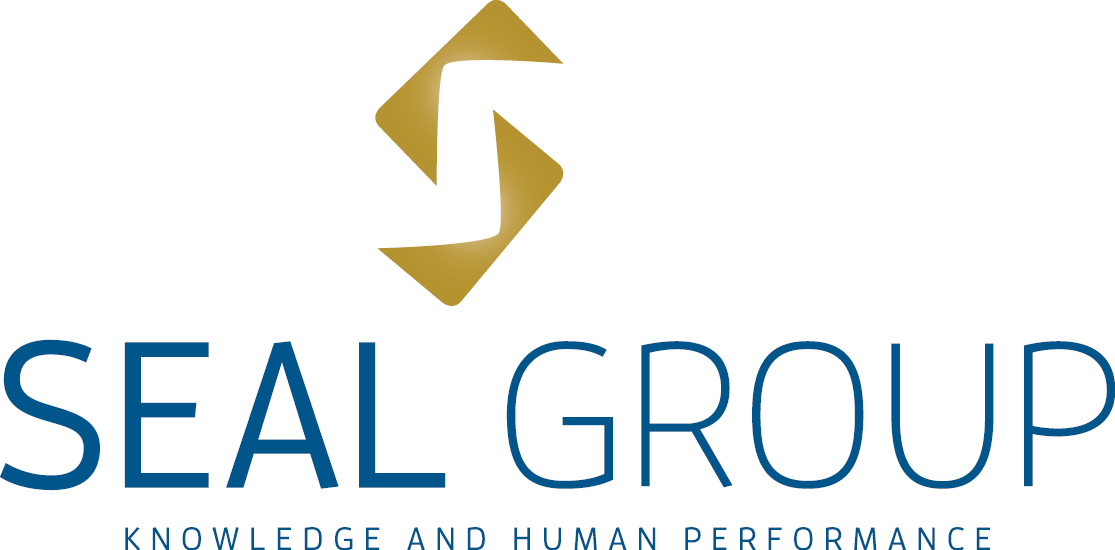Communicating with Purpose: Strategies with Impact
Great leaders don’t just communicate, they inspire, empower and transform lives. In an increasingly fast-paced and competitive world of work, communication is more than a skill, it’s a strategic advantage. It is increasingly taken into account in career development, where it is no longer enough to have the intention, it is essential to create the impact and achieve the results we want. Given all this, we can say that there really is no second chance to make a good first impression.

image: bpmcdn
Communicate: put in common
Communicate comes from the Latin communicare, meaning “to put in common, to share”, from communis. Many professionals underestimate the power of words, gestures and details in driving their careers. Imagine this scenario: you have the technical skills, the experience and the ambition, but your message is constantly misinterpreted, your ideas don’t gain visibility and your professional relationships constantly fray. Unfortunately, this is a common reality for many, where a lack of mastery in communication can result in permanent detours on the road to evolution and success.
Improving communication is more than an effort – it’s a valuable investment with tangible benefits. Avoiding career “stalls” is just the beginning. An Elevate survey revealed that 20% of people in general and 50% of people aged between 18 and 35 have been held back in their career development due to poor communication. For example, emotional regulation is a common challenge, with 45 per cent of respondents believing that their communication effectiveness decreases when they are nervous.
Furthermore, a lack of communication not only increases stress for 51 per cent of people, but also decreases productivity for 41 per cent, according to a survey by Grammarly and Harris Poll 2024. On the other hand, data from Elevate shows that good communication and vocabulary benefits confidence in 72 per cent of participants. Communication skills not only affect well-being, but also job prospects – 28 per cent of employers consider strong communication skills a critical factor in hiring, according to data from Adzuna. So developing your communication skills is not just about avoiding pitfalls, but also about opening doors to professional opportunities and personal success.
The complexity of communication is increasing: According to a Grammarly survey, 78 per cent of people say that the frequency of communication has increased and 73 per cent mention that communication channels have become more complex. With the overload of tasks and (unproductive) meetings, it’s important not to lose sight of Dr Albert Mehrabian‘s study, which tells us that the elements of communication are: 55% body language, 38% tone of voice and only 7% words.

image: rightattitudes
Strategies for better communication
So how can we improve our communication? I share 5 questions (strategies) that we should ask ourselves when communicating:
1. What is my focus at the moment?
In a world increasingly saturated with distractions, it’s crucial to cultivate the ability to concentrate and be present. This means switching off electronic devices, reducing background noise and devoting your full attention to the speaker or the task at hand. Leave the smartphone off the table, devote your attention to the person(s). By doing so, we not only show respect and genuine interest, we also increase the effectiveness of our communication, enabling a deeper understanding and a stronger connection with others.
2. Who am I addressing?
An essential strategy for improving communication is the ability to adapt your message to the audience you are interacting with, this means understanding the needs, interests and unique characteristics of your target audience and adjusting the tone, vocabulary and content of your communication. An audience-centred approach not only builds trust and credibility, but also opens doors to opportunities for collaboration and professional growth.
3. Am I using feedback?
Another fundamental aspect of maximising communication is cultivating a culture of actively seeking feedback and reflecting on our interactions. This means not only being open to feedback from others, but also actively seeking opinions and perspectives on our communication. In addition, taking time regularly to reflect on our past interactions, identify areas for improvement and develop strategies to improve our communication skills is crucial.
4. Am I being authentic?
It is essential to adopt a genuine and adaptable approach, valuing authenticity and building solid bonds. This means carefully choosing how we communicate, adjusting to the situation and the interlocutor. By being authentic and sincere in our interactions, we establish deeper and more lasting connections, fostering trust and respect. Investing in strengthening relationships not only expands our professional network, but also opens doors to new opportunities and collaborations. A people-centred approach benefits our communication and lays solid foundations for continued growth and success.
5. What tools can I use in my favour?
Integrate technology with human sensitivity: in an increasingly digitalised world, the integration of Artificial Intelligence (AI) into communication is inevitable. However, it is crucial to be careful not to underestimate the subjective aspects of human communication. AI should be used as a complementary tool, not a substitute for our own instincts and decisions. By finding a balance between the efficiency of AI and the richness of human communication, we can cultivate more authentic and meaningful relationships.

To summarise
The ability to communicate effectively is not just a tool, it’s a skill you can develop that is important for success. By incorporating strategies and a genuine desire to connect with other people, we enable ourselves to face the challenges of the professional world with renewed confidence. Basically, everything mentioned above is directly related to our willingness to create bridges of relationships with others. Just as it’s important to go to the gym to look after your physical health, you should also train your emotional and mental “muscles”, always with a purpose and a focus on what you want to achieve.
Article written by Sérgio Almeida, in partnership with Vida Económica




